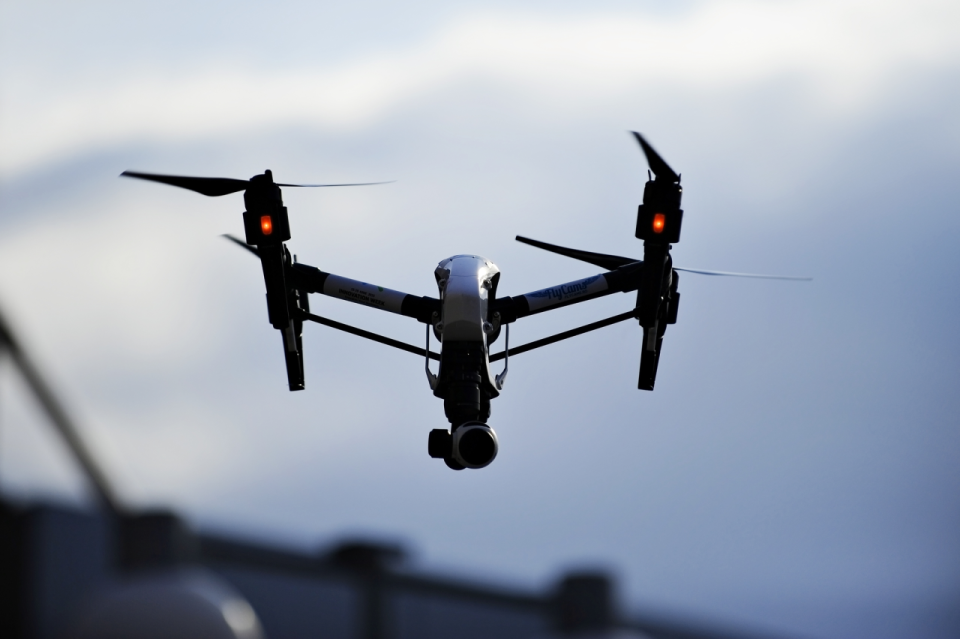Is Intel a technological sponsor of Russian terrorism?

According to an April report by UK defense think-tank Royal United Services Institute (RUSI), the russian 9M727 cruise missile, launched by Iskander-K batteries, is an example of modern russian weapons, relying on crucial U.S.-made electronic components.
“Only one of seven connection points of the missile’s computer is russian-made; the rest are manufactured by U.S. companies,” RBC Ukraine wrote about the RUSI report.
“Circuit boards and their connectors are similarly made in the United States.”
But wait, there’s more:
· 9M949 munitions for the Tornado rocket artillery systems use U.S.-made fiber optic gyroscopes for their navigation subsystems;
· russian Orlan-10 reconnaissance UAV can’t fly without a generator made by Texas Instruments;
· Another russian UAV, Forpost, manufactured jointly with Israeli company Israel Aerospace Industries, also relies on U.S. components.
Total Isolation of russia initiative lawyers recently discovered that the U.S. chipmaker giant Intel is also in breach of U.S.-imposed sanctions, as it likely has made deliveries to sanctioned russian military enterprises.
The quest for profits
Intel Corporation is the world’s premier semiconductor company with a market cap of around $145 billion.
Recent discoveries suggest that in 2018-2021, Intel supplied sanctioned russian companies with computers and computer parts, networking equipment, electronic measuring devices, and related consumables. In particular, Intel made deliveries to russia’s Tikhomirov Research and Development Institute (RDI) and the Granit company. These transactions would have been in violation of the U.S.-imposed sanctions regime.
Tikhomirov RDI develops weapons control systems for fighter jets and anti-air systems. Granit is responsible for the final manufacturing stages of various russian air defense systems.
Both Tikhomirov RDI and Granit are subsidiaries of russia’s Almaz-Antey military aerospace conglomerate. Its official website says the company makes short-, medium-, and long-range anti-air systems, radar equipment, and automated control systems. Meanwhile, Almaz-Antey manufactures russian Buk air defense systems, one of which was used to shoot down the MH17 flight in 2014.

U.S. President Barack Obama signed Executive Order 13661 (EO13661) on March 19, 2014, which prohibits U.S. entities to make deliveries or render services to russian military companies from the Specially Designated Nationals and Blocked Persons list (SDN List). EO13661 included Tikhomirov RDI (but not Granit) into the SDN List.
In 2019-2020 – more that three years since the sanctions have been in place – Intel participated in Tikhomirov RDI procurement tenders (2018 exhibit one, 2019 exhibits one and two, 2020 exhibits one and two), worth $182,000 in total.
We can only conclude that Intel was likely doing business, or at least willing to do business with, sanctioned companies of the russian military-industrial complex.
Total Isolation of russia sent Intel their findings on Aug. 7, asking for an explanation, but the company has ignored the request so far.

Loopholes within loopholes
In 2018-2021, Intel also participated in Granit’s procurement tenders for various computer and networking equipment.
Given that Granit is a subsidiary of Almaz-Antey, it’s pretty clear any such deliveries benefitted the latter.
Lawyers from the Total Isolation of russia initiative – founded by Ukrainian financial sector experts – are certain there’s reason to believe that Granit is merely a shell company that serves to satisfy imports needs of Almaz-Antey. The scheme is not dissimilar to the one used to deliver products of the Belgian manufacturer New Lachaussee to the sanctioned russian Kalashnikov enterprise.
Total Isolation of russia intends to submit evidence of Intel breaching U.S. sanctions regime to The Office of Foreign Assets Control (OFAC) – a sanctions enforcement agency of the U.S. Treasury Department.

“By taking on the Intel Corporation (along with partially state-owned French companies Thales and SAFRAN), we aim to convince the international business community that working with russia is risky, toxic, and dangerous long-term,” Oleksandr Dubilet, a Ukrainian financial expert and Total Isolation of russia initiative founder, said.
“It’s not just about the deliberate breach of sanctions, imposed on a successor state of the Golden Horde, but also about irreparable damage to one’s corporate reputation. I’ll repeat myself: russia has to become a void on the map of global business activity.”
Read the original article on The New Voice of Ukraine

